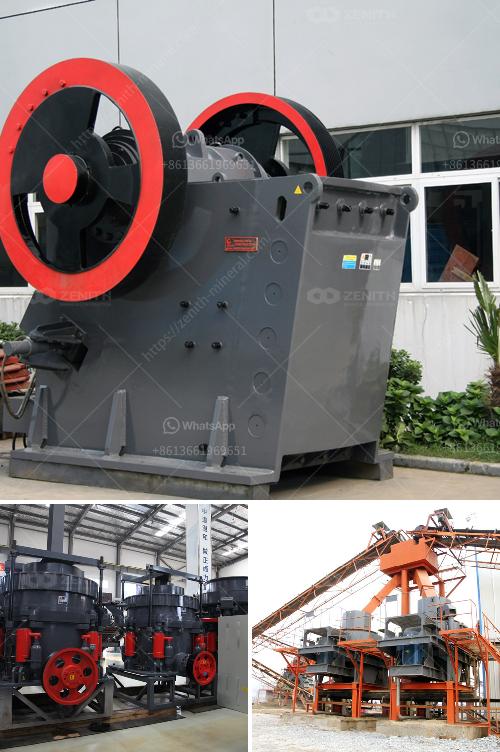Selecting the right type of crusher depends on several crucial factors. Here are some key considerations to help you make an informed decision:
-
Material Characteristics:
- Hardness: Assess the hardness of the material you need to crush. Crushers are designed to handle materials of specific hardness levels.
- Moisture Content: Some crushers are better suited for dry materials, while others can handle wet or sticky materials.
- Abrasion: Ensure the crusher can handle abrasive materials if necessary.
-
Output Size Requirements:
- Determine the desired size and shape of the end product. Primary crushers generally reduce large chunks into manageable sizes for secondary crushers, which then provide finer gradations.
-
Capacity Requirements:
- Assess your production needs, meaning how much material you need to process within a given time frame. This will dictate whether you need a high-capacity primary crusher or multiple secondary crushers.
-
Feed Size:
- The size of the material that enters the crusher. Different crushers are designed to handle different sizes of feed material.
-
Operation and Maintenance:
- Consider ease of maintenance and operation. Some crushers require regular maintenance and are more user-friendly than others.
-
Reduction Ratio:
- This defines how much the crusher reduces the size of the material. The higher the ratio, the more significant the reduction in size.
-
Environmental Considerations:
- Dust and noise control measures may be necessary depending on the crusher's location and working environment.
-
Cost Constraints:
- Budget for initial investment, energy consumption, and ongoing maintenance costs.
-
Localized Expertise:
- Consult with manufacturers and local experts who understand the specific demands of your region and material type.
By evaluating these factors, you can better decide whether a jaw crusher, cone crusher, impact crusher, or another type is the best choice for your needs.


